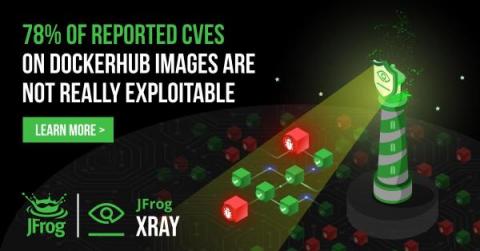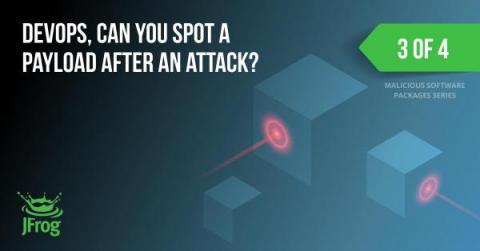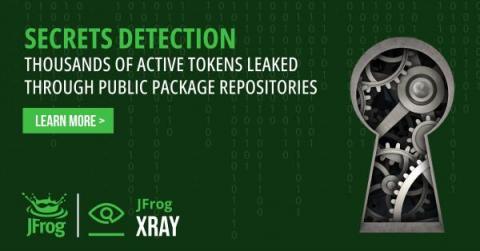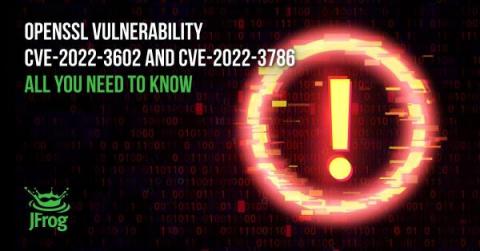Invisible npm malware - evading security checks with crafted versions
The npm CLI has a very convenient and well-known security feature – when installing an npm package, the CLI checks the package and all of its dependencies for well-known vulnerabilities – The check is triggered on package installation (when running npm install) but can also be triggered manually by running npm audit. This is an important security measure that warns developers against using packages with known vulnerabilities.









